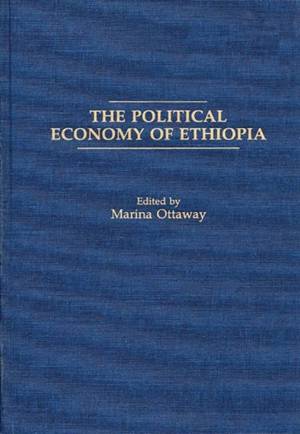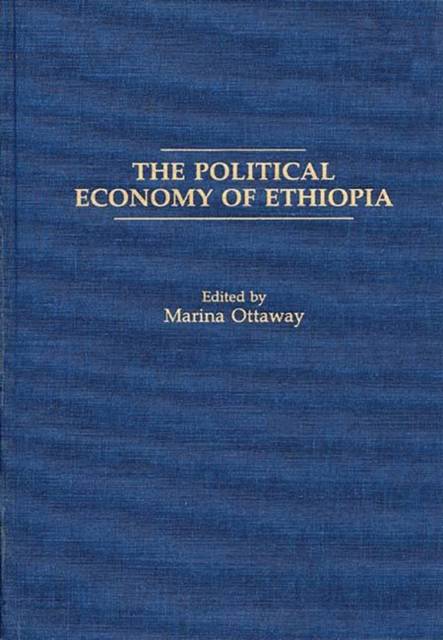
- Retrait gratuit dans votre magasin Club
- 7.000.000 titres dans notre catalogue
- Payer en toute sécurité
- Toujours un magasin près de chez vous
- Retrait gratuit dans votre magasin Club
- 7.000.000 titres dans notre catalogue
- Payer en toute sécurité
- Toujours un magasin près de chez vous
Description
The essays collected here evolved from a two-day conference on Ethiopia held at the Johns Hopkins School for Advanced International Studies. Written by both academics and Ethiopians who have participated personally in the events they discuss, the papers describe and interpret the Ethiopian revolution and explore its successes, failures, and intrinsic qualities. The contributors express a variety of viewpoints and approaches to the current crisis situation in Ethiopia, demonstrating that although the 15-year revolution has failed to measurably improve the lot of Ethiopians, Ethiopia's history, demographics, and climate have also been important contributing factors. A number of articles deal with aspects of the political crisis while others analyze the economic crisis, looking at present problems and their historical roots. Taken together, these essays make a major contribution to our understanding of the persistent problems faced by Ethiopia today.
Following the editor's introduction, the volume is divided into three sections. In Part I, four papers explore the Ethiopian state and the problem of power. Individual chapters examine such issues as change and continuity in Ethiopian politics, decisions and elections, and the question of rural transformation. Part II looks at different facets of the national question, now or in the past--the character of the leadership, the concept of government, and the decision-making process. The third section analyzes the current economic crisis in two papers which discuss Ethiopia's agricultural crisis and development strategy. The concluding chapter presents an overall perspective on revolution, nationality, and the Ethiopian state. Students of political economy, African studies, and economic development will find The Political Economy of Ethiopia illuminating reading.Spécifications
Parties prenantes
- Auteur(s) :
- Editeur:
Contenu
- Nombre de pages :
- 264
- Langue:
- Anglais
- Collection :
Caractéristiques
- EAN:
- 9780275934729
- Date de parution :
- 24-08-90
- Format:
- Livre relié
- Format numérique:
- Genaaid
- Dimensions :
- 161 mm x 248 mm
- Poids :
- 580 g







